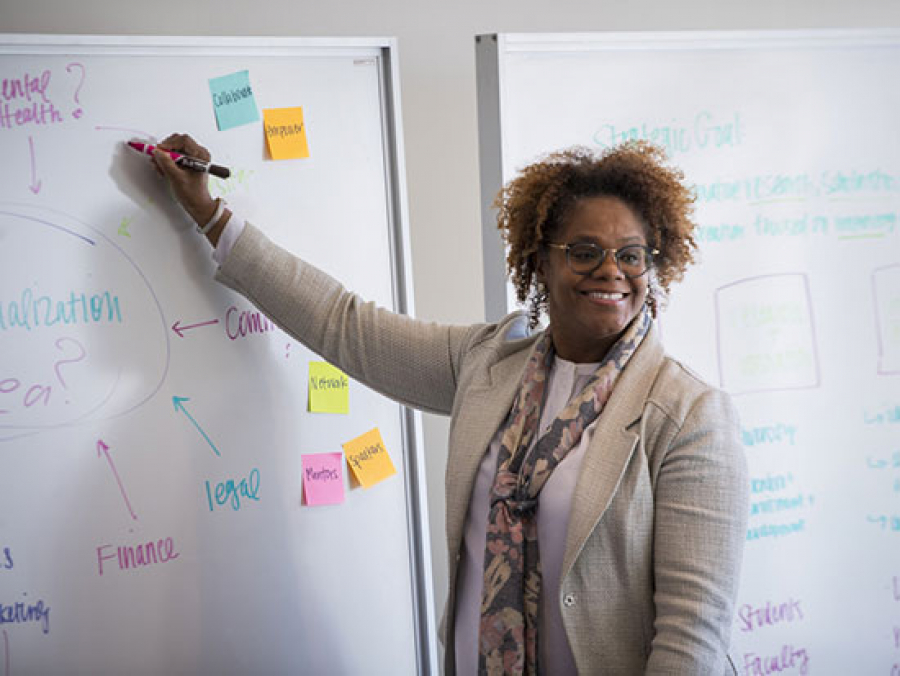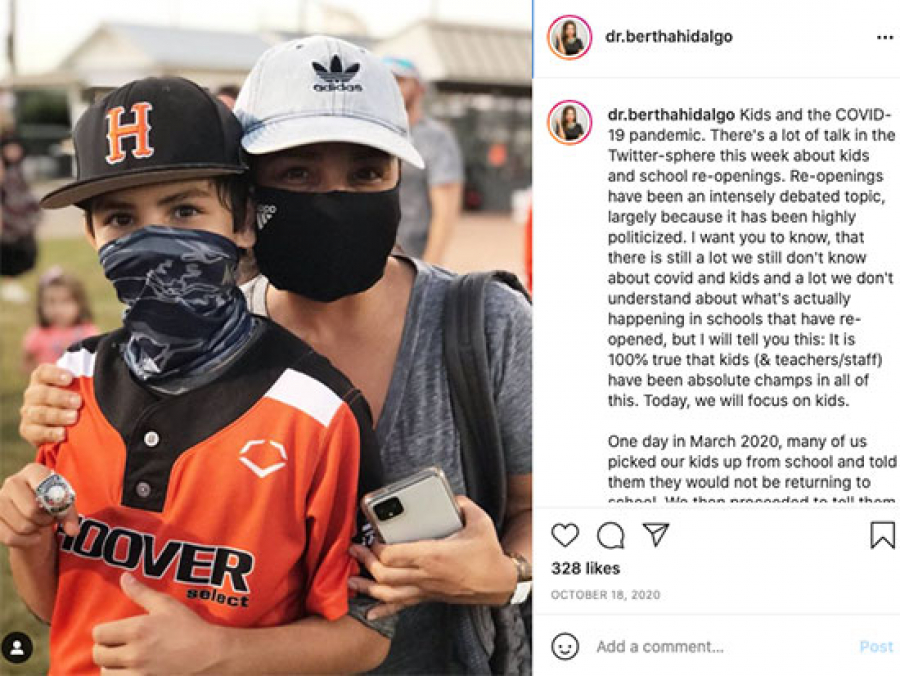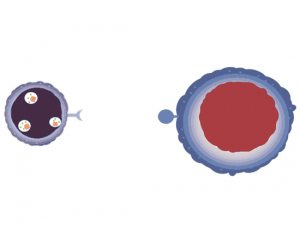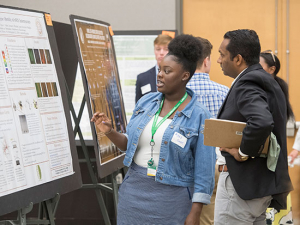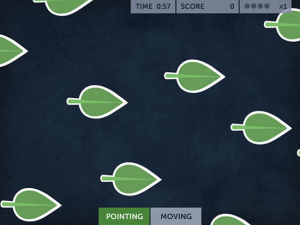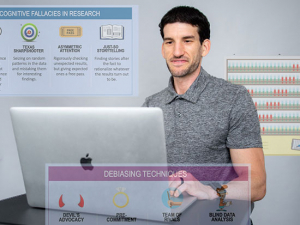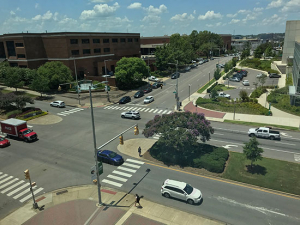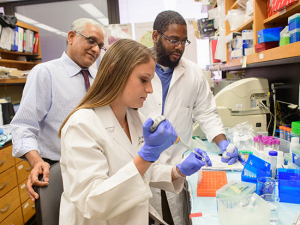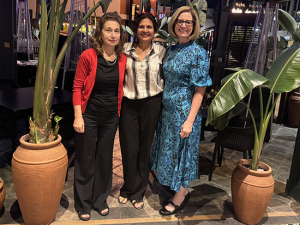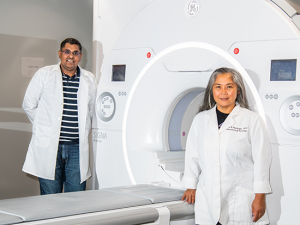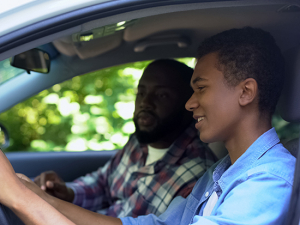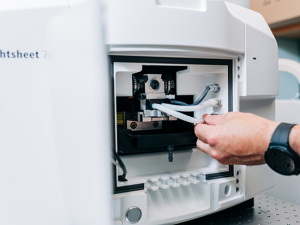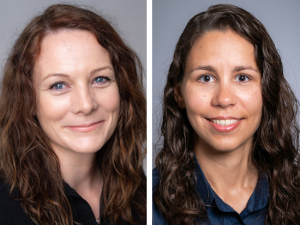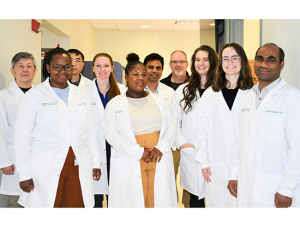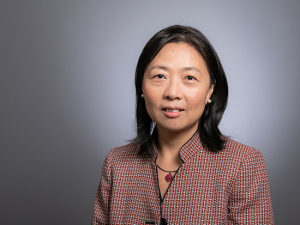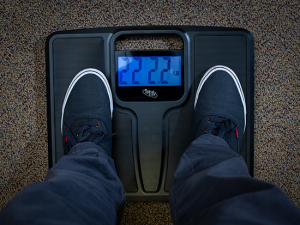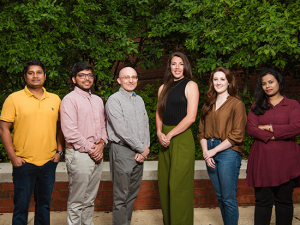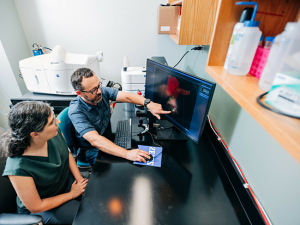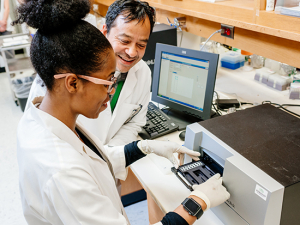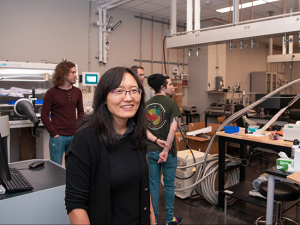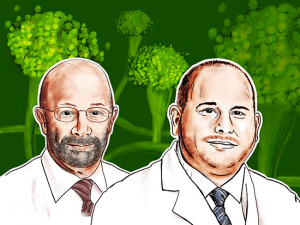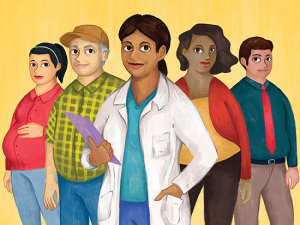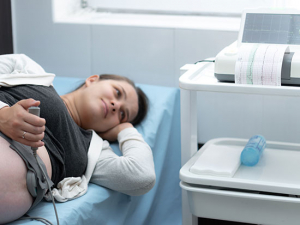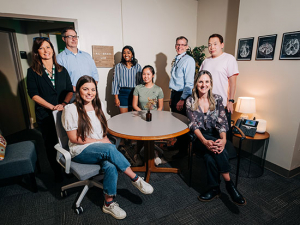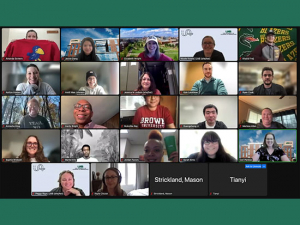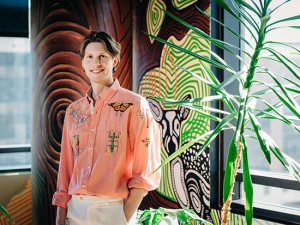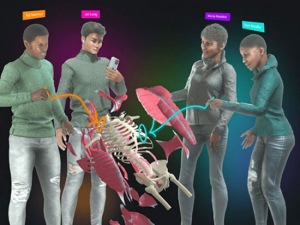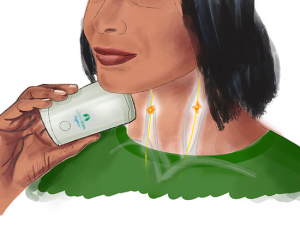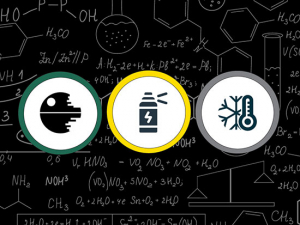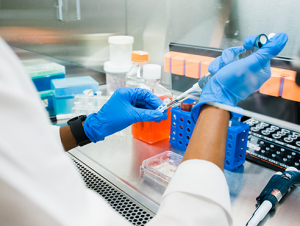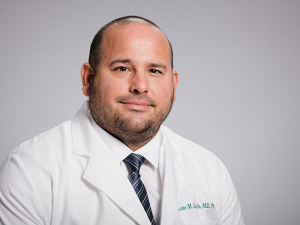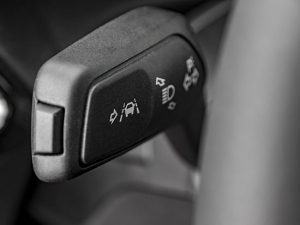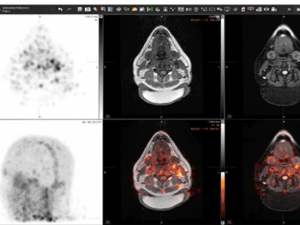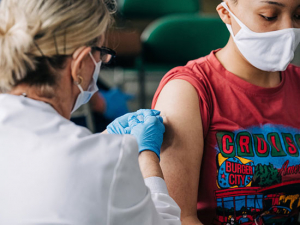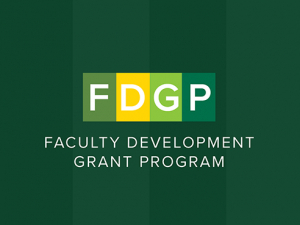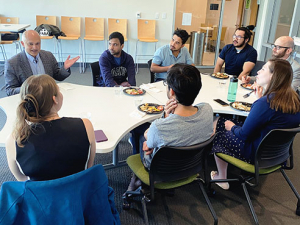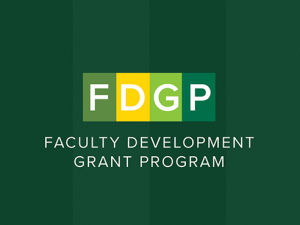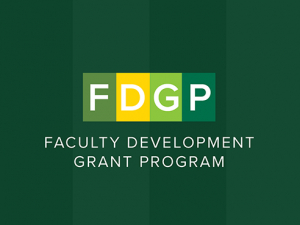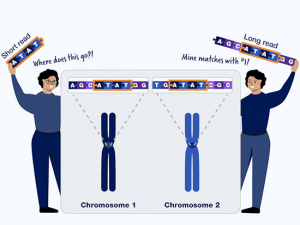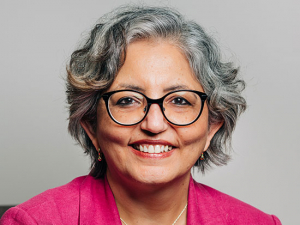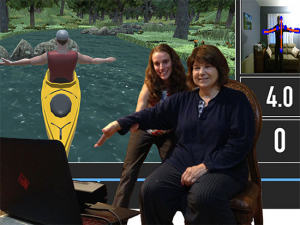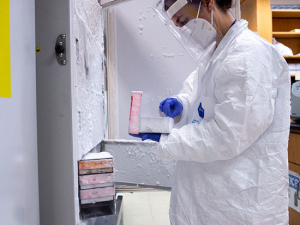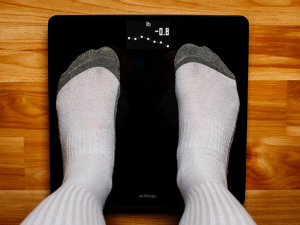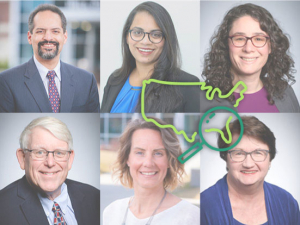
Matt Windsor
35,000 miles, $100,000 and 5 paths to global change
Five faculty are translating proven methods directly from Birmingham to locations around the world with pilot funding from the Sparkman Center for Global Health.
Scan catches a cancer killer in the act
An experimental PET scan developed by new radiology faculty member Ben Larimer, Ph.D., captures T cells in the act of destroying tumors. A first-in-humans clinical trial is set to start at UAB this fall.
As health care evolves, UAB workforce program gives students a leading role
One key reason UAB’s master’s program in health administration is ranked No. 1 in the nation: Every student works 10 hours a week with leaders in the UAB Health System, contributing to initiatives that are setting the standard for care across the country.
5 reasons to share your work at the UAB Expo
Two past Expo presenters explain what students have to gain from UAB’s undergraduate research showcase. Abstract submissions are open now through Nov. 18.
Studies put the 'magic of intervention' in autism to the test
UAB is recruiting participants for the largest-ever study of an intensive reading intervention among high-functioning children with autism spectrum disorders. In another new trial, researchers are studying an intensive social intervention for young adults with ASD.
Now see this: Myopia control can slash the toll of nearsightedness
Special contact lenses or eye drops can reduce a patient’s final prescription by half in the School of Optometry’s Myopia Control Clinic. That means thinner lenses and also a much lower risk of serious eye problems, including glaucoma and cataracts.
Machine-learning helps predict which cancer patients are most likely to enter the fog
Noha Sharafeldin, MBBCh, Ph.D., of the Institute for Cancer Outcomes and Survivorship, used UAB’s supercomputer to identify biomarkers linked with cognitive impairment in patients who received a blood or marrow transplant. She’s also testing a way to repair the damage.
Faculty at UAB developed Rigor, Reproducibility and Transparency to draw attention to common lab mistakes. The gamified online course has spread to 15 insitutions and counting.
A UAB-designed app warns distracted pedestrians before they step into the road. Researchers need 400-plus people to enroll in their NIH-funded study to test its effectiveness. Participants will receive $50 to compensate for their time — and could help save lives.
For the past six years, pathology Professor Upender Manne, Ph.D., has provided students a chance for a summer of “total immersion” in research as part of a major, multi-pronged effort to tackle the profound cancer disparities seen in African-American populations and build a cancer-fighting pipeline.
